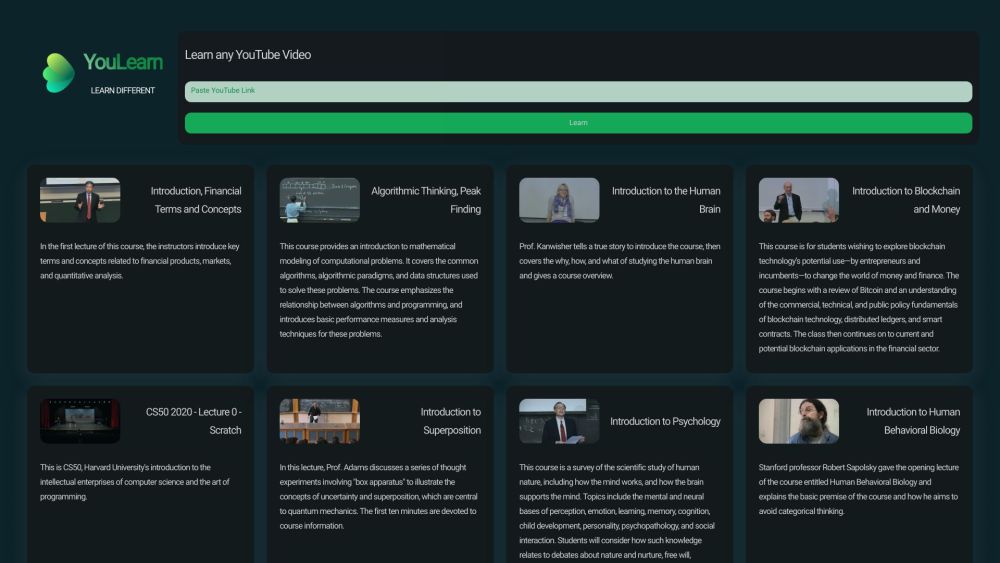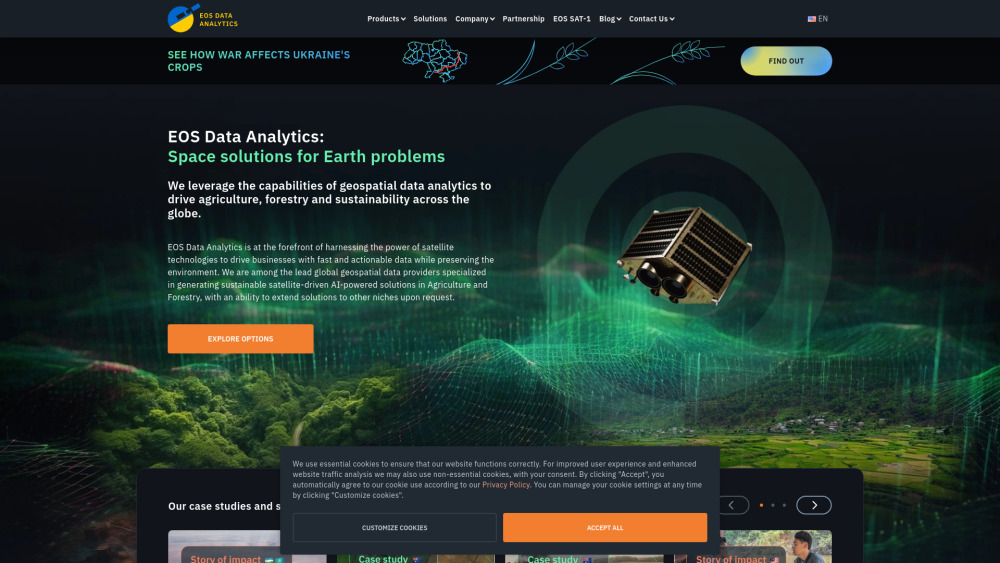Sam Altman's Four-Point Strategy: Ensuring America's Leadership in the Global AI Race
Sam Altman, CEO of OpenAI, has outlined a four-point strategy aimed at maintaining the United States' leadership in the global artificial intelligence (AI) race. His vision is to ensure that AI serves as many people as possible in the future. To achieve this, Altman advocates for the U.S. to lead a global coalition of like-minded nations.
He emphasizes that the most pressing issue at hand is whether the U.S. and its allies can steer the trajectory of global AI development towards democratic values or allow authoritarian regimes to leverage technology to consolidate their power.
1. Enhancing AI Security
The first element of Altman’s plan focuses on strengthening the security of AI technologies. He asserts that robust safety measures are essential to keep the alliance at the forefront of current and future AI models while fostering private sector innovation. This includes improving the security of data centers and enhancing cyber defenses to prevent hackers from stealing critical intellectual property.
2. Building Essential Infrastructure
Altman calls for collaboration between U.S. lawmakers and the private sector to develop the necessary physical infrastructure, from data centers to power plants. This initiative aims to establish the U.S. as a new hub for the AI industry, generating job opportunities. He also highlights the need for investment in nurturing the next generation of AI engineers, researchers, and innovators, which he views as the nation’s true “superpower.”
3. Establishing Rules for Trade and Cross-Border Data Flow
Altman suggests that the U.S. should formulate clear rules regarding trade and cross-border information flows, including the implementation of export restrictions and foreign investment regulations. He underscores that this involves not only technology exports but also the principles guided by technology, which will shape the storage of code, chips, and training data on a global scale.
4. Developing a Global AI Strategy
Finally, Altman recommends that the U.S. create a comprehensive global AI strategy to ensure that developing countries are not left behind. He proposes the establishment of an organization similar to the International Atomic Energy Agency to promote the peaceful application of AI technologies. Additionally, he calls for the creation of an investment fund that aggregates resources from nations committed to the safe development of AI. He also suggests setting up a nonprofit organization akin to the Internet Corporation for Assigned Names and Numbers (ICANN), aimed at maximizing internet access and supporting an open, connected democratic global community.
Altman's remarks reflect the challenges posed by China's rise in the AI sector. According to data from Stanford University's Human-Centered AI Institute, the U.S. led the world in AI investment last year with over $67 billion, while China placed second with more than $8 billion. Many analysts believe China's investment will grow rapidly.
Altman concludes, “If we can unite the democratic world, we can win here.”




